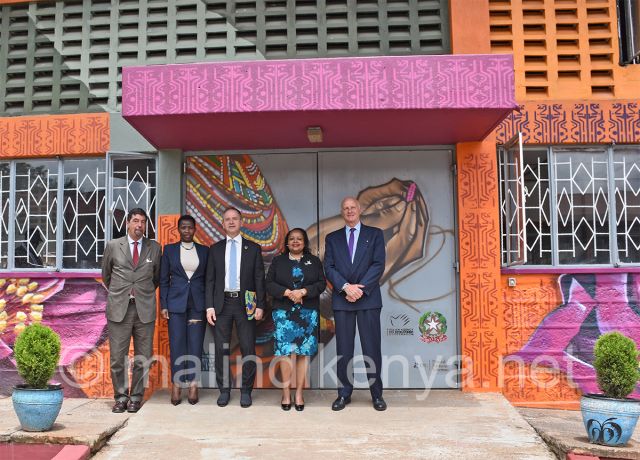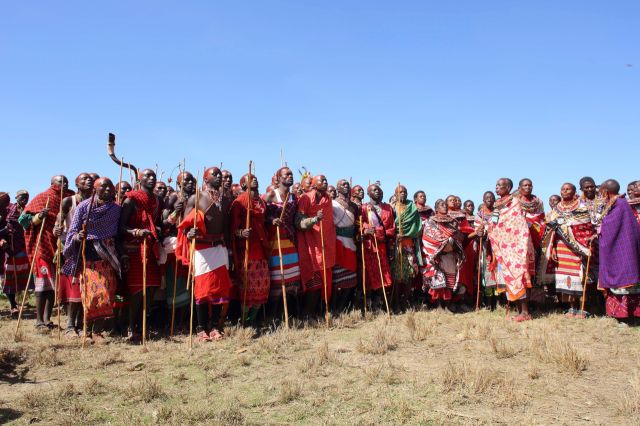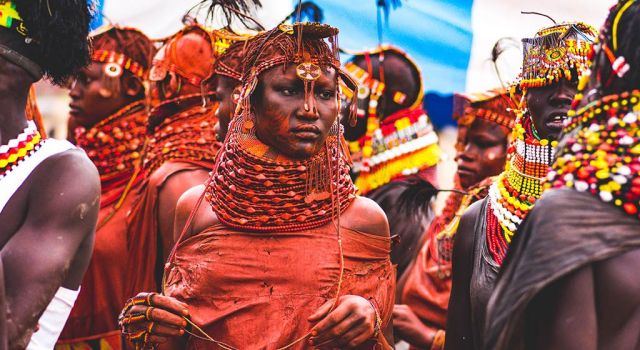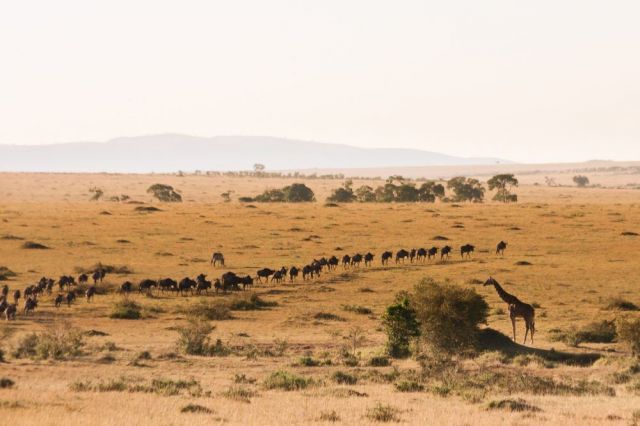
GOOD STORIES
20-04-2024 by Freddie del Curatolo

Satubo.
It stands for three tribes in Kenya: Samburu, Turkana and Borana.
Three ethnic groups that for centuries have been semi-nomadic, and in part still are, occupying, however, quite limited areas, to devote themselves to pastoralism or seasonal agriculture, when drought or floods allow them to do so.
We are talking about arid, impoverished areas between the Laikipia Plateau, where the savannah takes almost everything and devotes it to wild animals and safari tourism, and where since the mid-19th century, even before the arrival of Europeans, conflicts over land and livestock brought destruction and death.
The Maasai warriors (they were warriors then) raged, some small tribes, such as the Laikipiak who give their name to the region, were exterminated, others forced to seek out more or less desert areas to survive.
Those who remained were never completely at ease or masters of their land. In recent years, not even of his cows and the water in the few rivers.
From the city of Isiolo to the Turkana desert, there are now three warring tribes left, who in past years, especially during the post-election violence of 2008, have killed each other, burnt entire villages, pillaged and raped.
But these things are done by men. They are the ones who go to war, while women continue to toil in the fields, take the animals to pasture, look after the children.
Women are Africa with a capital A and we could fill entire books with their stories, their daily miracles.
One of these is represented by the Samburu, Turkana and Borana women. While their husbands were waging war against each other, they got together in a cooperative to teach everyone, especially their children (but also their husbands themselves, if there is still hope of changing them...) that peace always brings more benefits than war.
Together they not only work the land and raise livestock, but also produce handicrafts and will be subsidised by international organisations thanks to their efforts. Thanks to the 'Ethical Fashion' initiative, which we have talked about here, the Satubo Women not only bring home their earnings, but also set an example to many other women, not only from this land but from all over Kenya. Together we can.
COOPERAZIONE
by Freddie del Curatolo

How to combine one of the cornerstones of Made in Italy, recognised worldwide as one of our...
PEOPLE
by Leni Frau

In the dusty plains of northeastern Kenya, shaded by acacia trees, six old men can be seen sitting...

The drought is scourging northern Kenya well ahead of the dry season and is increasing ...
TRADITIONS
by redazione

Once again "welcome home", or rather, pronounced in Turkana dialect:...
NEWS
by redazione

There is great optimism about the possible influx of tourists from all over the world into Kenya next ...
NEWS
by Leni Frau

These are important days for the future of many young women from Kenya's Samburu tribes. Just before...

500 million shillings are coming from the German Bayer Foundation to deal with the food emergency...

The man who "has the longest" is more willingly betrayed by his partner.
This emerges from a study conducted in Kenya and published in the American journal Public Labour Of Science.
The polls do not always reflect reality, but from...
LOT OF EVENTS!
by redazione

From the camel race in Maralal, in the heart of the Samburu region, to the cultural festival of...
TOURISM
by redazione

Also this year the three days of Tourism Expo in Nairobi will host exhibitors from all over the ...
PARKS AND RESERVES
by Leni Frau

In 1972, the Kenyan Government declared the area east of Lake Turkana, between the Tulor Bor...